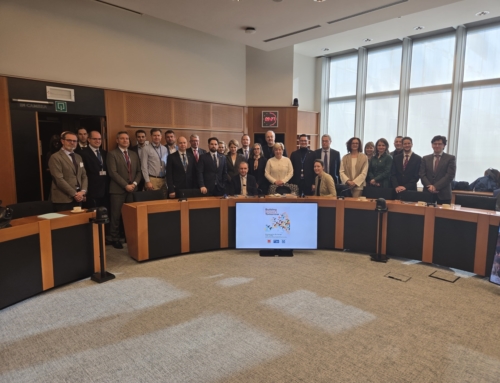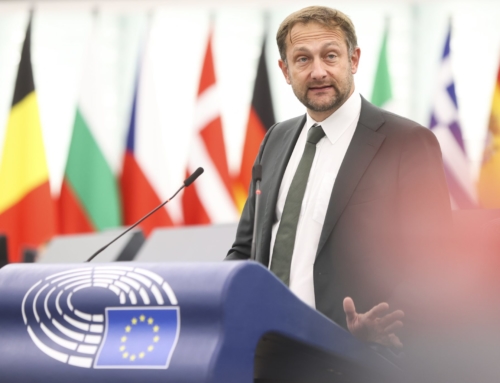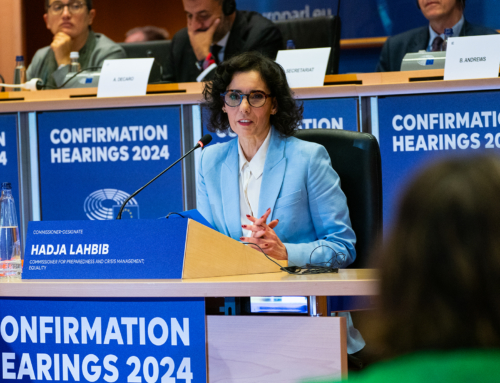On 23 January 2015, the Political Assembly of the European People’s Party gathered in Strasbourg adopted a Resolution on “Prospering families for a prosperous Europe or What is good for the family is good for Europe”.
With this resolution the EPP Political Assembly, constituted by delegate members of national political parties, made an important step in favour of European families, acknowledging “that throughout the ages, the core of social wellbeing in European nations has been fuelled by a social order based on stable and lasting family bonds, consisting in stable and lasting marriages between a man and a woman oriented towards, and with responsibility for, their children”.
Considering that “by any scientific and empirical evidence the family is the safest haven for raising children”, the Political Assembly commites the EPP to “preserving the family’s integrity and its capacity of ‘raising the future’ in an optimal framework”. It also called on the European Union Institutions “to observe the principle of subsidiarity, as first laid down in the EU Treaty of Maastricht, with regard to family and related cultural and ethical matters, which are competences of the Member States” and “to encourage European cooperation and the exchange of best ideas and practices that have a positive impact on the families”.
At last, the EPP Political Assembly called “on the Commission, the Parliament and the Member States to integrate a family perspective at European and national levels by introducing a family impact report or assessment as a standing part of policymaking1 – known as ‘family mainstreaming’”, as declared by the United Nations General Assembly Resolution on the Preparations for and observance of the twentieth anniversary of the International Year of the Family (29 October 2013) and as proposed by FAFCE during its Campaign for the European Elections 2014.
This important Resolution comes in a crucial moment for the European Union, when the new Parliament and the new Commission have been established and start to implement their policy programmes, with urgent economic and social reforms. Due to economic crisis and an individualistic vision of the society, European families have often been forgotten during the past years.
FAFCE urges the EPP, which holds a political majority in the European Parliament, to be coherent with its history, its values and its recent choices. Together with other political partners, this is the moment to change the negative demographic trends and to promote the family, the natural and fundamental group unit of society, as laid down in Article 16 of the Universal Declaration of Human Rights, through the ‘family mainstreaming’ as part of the EU policymaking.
During the next plenary session of the European Parliament, in March, there will be excellent occasions for the EPP group to use this resolution, voting in favour of human dignity and respecting the principle of subsidiarity.







